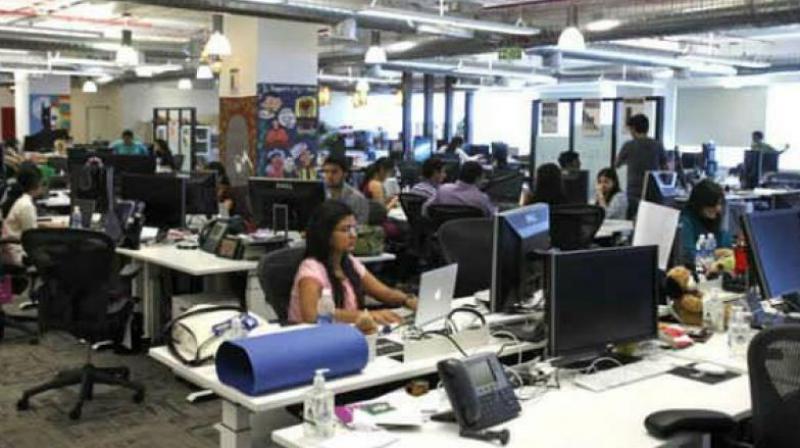CPSEs should follow a transparent promotion policy: DPE Secy
Need to focus on developing younger talent, they should have a transparent mechanism of communication with employees.

New Delhi: The country's central public sector enterprises need to align their human resource policies with new challenges and follow a transparent, fair and objective system of promotions, a top official said today.
Terming the status of human resources in state-owned enterprises as "disturbing", the Secretary in the Department of Public Enterprises Seema Bahuguna said: "The CPSEs are following a culture of status quo, they are not proactive, they are reactive.
"They are also more interested in teasing unions instead of really doing fundamental restructuring of their relationships. I find that some CPSEs are still remaining in silos regarding their turfs," she said.
She pointed out that even in some of the Navratna and Maharatna PSEs, the HR policies have remained more or less stagnant, adding that the world is changing but somehow our CPSEs have not really come up to the mark. "Our CPSEs have to align themselves with new challenges.
They need to focus on developing younger talent, they should have a transparent mechanism of communication with employees, they should be able to manage diversity and innovation, there should be fairness in the policy of promotion.
"This is something that as Secretary to Government of India, I would be very keen to emphasise. They should have a transparent, fair and objective system of promotions. They should promote administrative excellence," Bahuguna said at the International HR Summit organised by SCOPE here.
Chief Vigilance Commissioner K V Chowdary said the organisations need to transmit their culture and ethical values to its employees, stakeholders and Board of Directors, observing, "if that is not so what can happen is another Satyam or an Enron".
"A lot of people think that the higher you go you don't need training. You look at the case of some of our public sector banks which have very respectful and highly decorated directors.
But how is it that a large number of the loan proposals vetted by these banks went bad," Chowdary said. "Falling female labour participation rates in India are puzzling. A policy framework encouraging and enabling women's participation should be constructed of the gender specific constraints," said Mukesh Gupta, Chief Technical Adviser, International Labour Organisation.
He noted that India has the opportunity to realize a huge demographic dividend but with a skills level of around 8 per cent compared to 96 per cent in South Korea, the country is struggling with the availability of skilled labour.
"This is a surmounting challenge since more than 75 per cent of the new job opportunities are expected to be skill-based. In order to make India the skill capital of the world, training programmes should be on the lines of global standards," Gupta said.
Besides, the SCOPE Chairman Ved Prakash said the public sector enterprises will need to have a more hands on approach towards managing the resources of their company.

